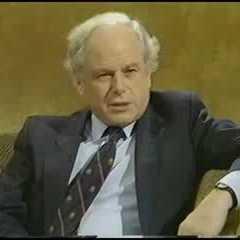Laozi Quotes - Page 51
Laozi (1997). “Tao Te Ching”, p.17, Wordsworth Editions
Laozi (1997). “道德经”, Vintage
Laozi, Sepharial (1904). “The Book of the Simple Way of Laotze: A New Translation from the Text of the Tao-teh-king”
Laozi, D. C. Lau (1989). “Tao Te Ching”, p.37, Chinese University Press
Colin Bradshaw-Jones, Laozi, Lao Tzu (2006). “The Tao Te Ching, Eighty-one Maxims from the Father of Taoism”, p.34, Lulu.com







